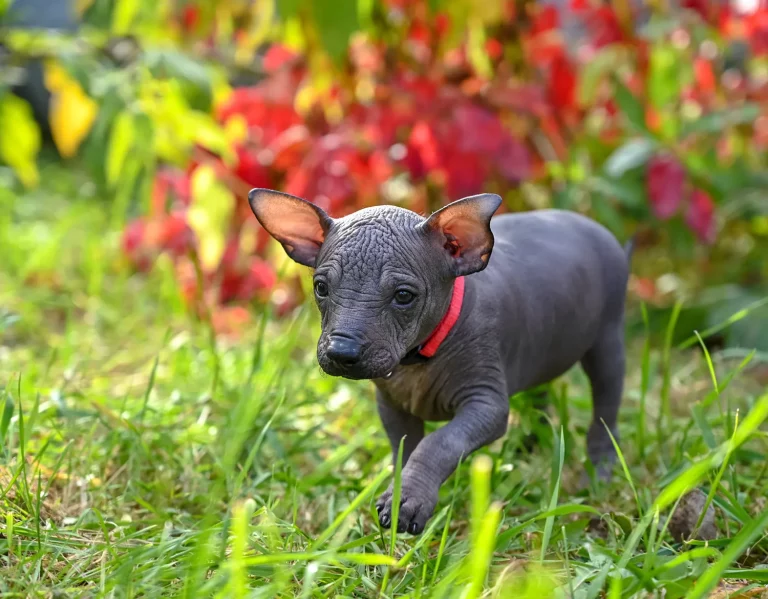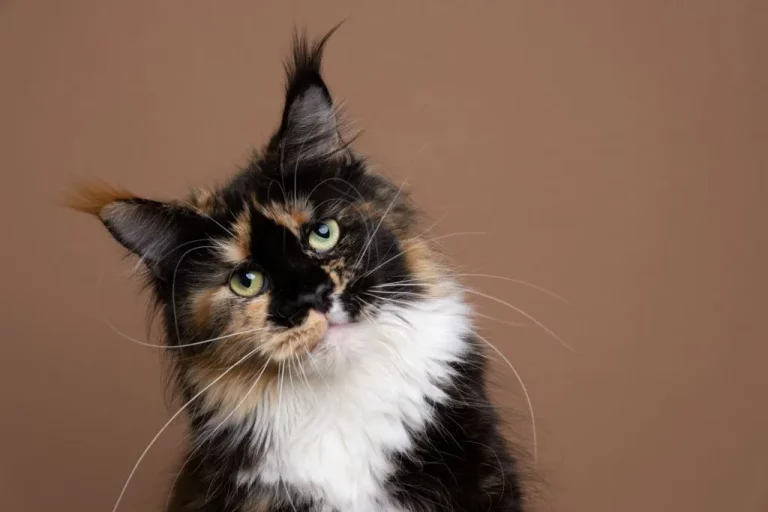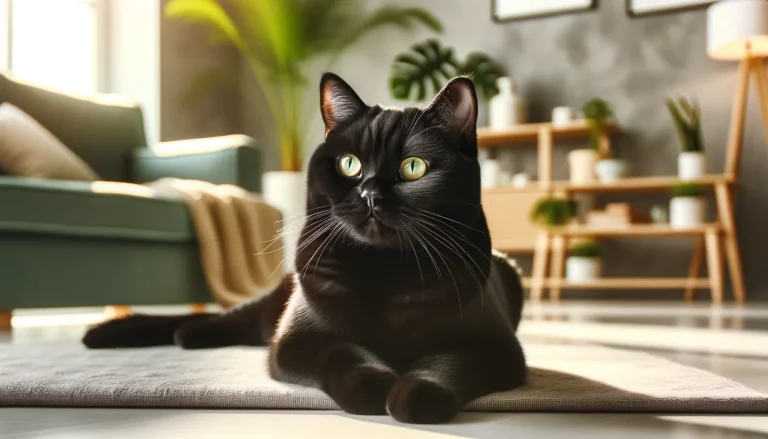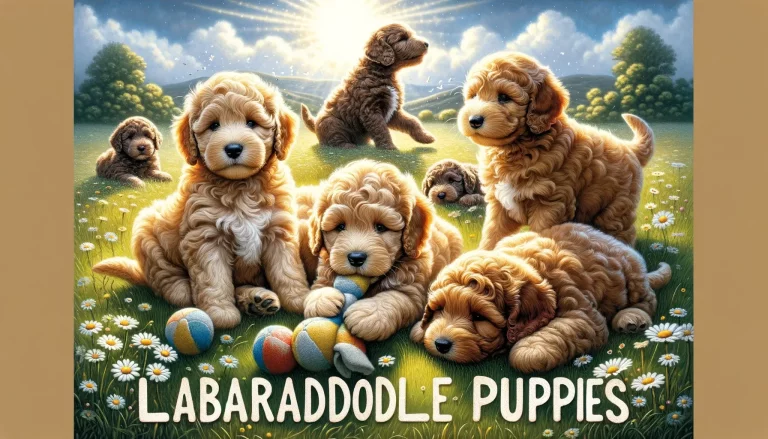The Black Boxer: A Tail of Genetics and Giggles
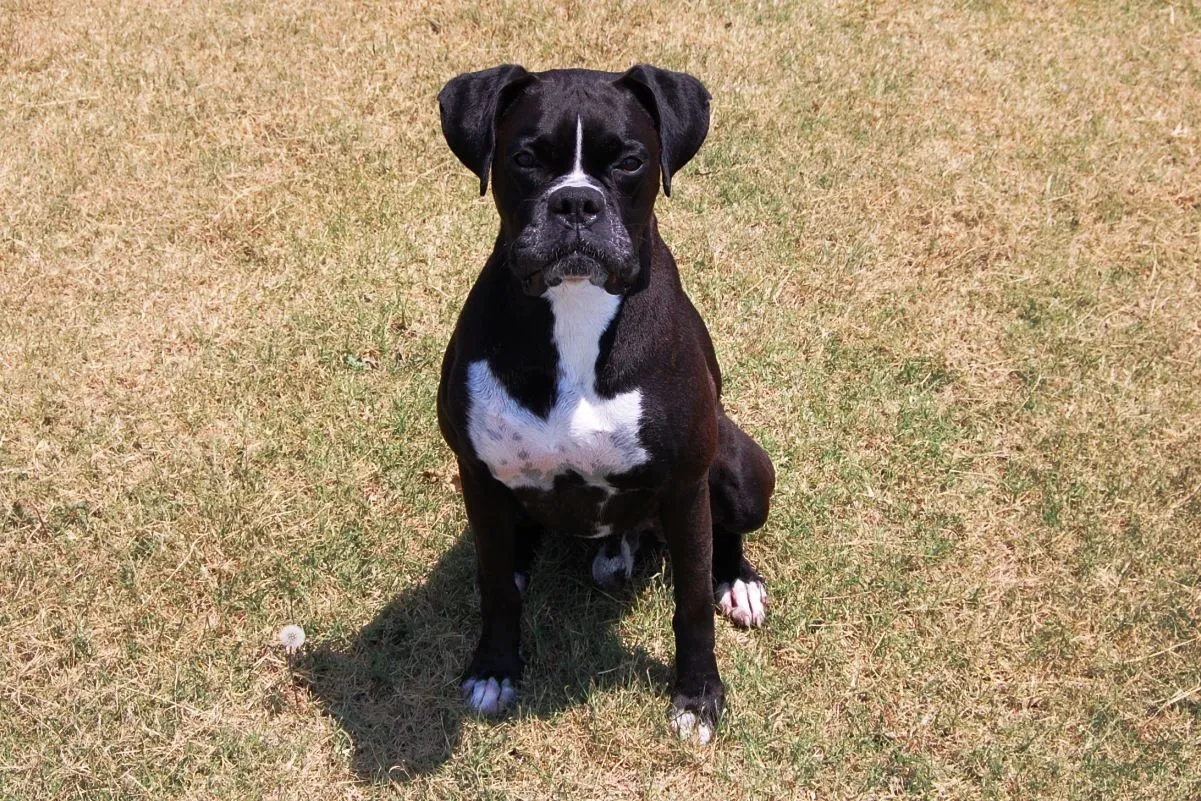
Table of Contents
Hello, fur-friends and dog detectives! Today, we’re on a mission to unravel a canine mystery that’s been wagging tails and raising eyebrows – the case of the Black Boxer. Fasten your leashes and put on your thinking caps (or should I say, thinking collars?), as we sniff out the secrets behind these intriguingly hued hounds!
A Boxer, but Black? The Plot Thickens!
First things first, let’s address the dog in the room. Black Boxers. You’ve probably seen pictures or heard tales of these shadowy pooches and thought, “Is this real, or has someone been having fun with Photoshop?” Well, my dear Watsons, the truth is both simpler and more complex than you might think.
Boxers typically come in fawn or brindle, with or without white markings. But black? That’s where genetics do a little dance and throw us a curveball.
The Genetic Jigsaw
To understand the black Boxer, we must dive into the doggie DNA pool. Dogs have a gene called the ‘Extension’ gene (let’s call it the ‘E’ gene because we’re casual like that). This gene controls the production of black pigment, eumelanin.
Most Boxers have the E gene that allows for normal eumelanin production, giving them their classic fawn or brindle color. But, some Boxers carry a variant of this gene, known as the ‘recessive black’ gene.
Now, here’s where it gets interesting. If a Boxer inherits this recessive black gene from both parents, voila! You get a Boxer with a coat so dark, it could give the night sky a run for its money.
Take a look at the most cute boxer puppies for sale in California.
Not Quite Black, But Close
But wait, there’s a plot twist! Technically, the ‘black’ Boxer isn’t truly black. They’re more of a very dark brindle, so dark that their stripes are almost invisible. It’s like they’re wearing a camo coat designed by Mother Nature herself.
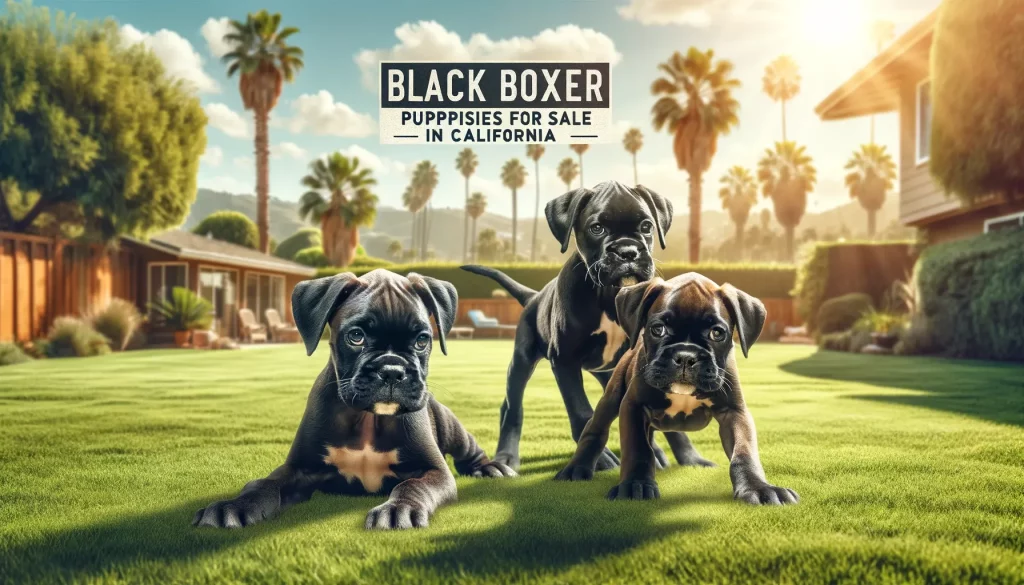
The Rarity Riddle
Why don’t we see black Boxers as often as, say, fawn or regular brindle ones? It’s all about the rarity of that recessive gene. It’s like finding a needle in a haystack or a bone in a ball pit – not impossible, but definitely a rare find.
The Health Hurdles
Now, some might wonder, does this dark coat come with any health concerns? Generally, the color of a Boxer’s coat doesn’t impact its health. However, like all Boxers, our shadowy friends are prone to certain health issues like heart conditions and hip dysplasia. But fear not, with proper care and regular vet visits, these dark knights can be just as healthy and hearty as their lighter-colored kin.
Personality – Beyond the Color
Despite their mysterious looks, black Boxers share the same playful and affectionate personality as their fawn and brindle siblings. They’re like the fun-loving clowns of the dog world, always ready for a game or a cuddle session, regardless of their coat color.
The Grooming Game
When it comes to grooming, black Boxers are no different from their brethren. A good brush, a bath, and they’re ready to strut their stuff, turning heads with their sleek, dark coats.
The Black Boxer in Pop Culture
Imagine a movie with a black Boxer as the mysterious, yet lovable sidekick. They’d add a touch of mystery and elegance, all while drooling and chasing their tail. A perfect blend of intrigue and comedy!
Embracing the Unique
At the end of the day, whether a Boxer is fawn, brindle, or this elusive black, what truly matters is the love and joy they bring into our lives. These canine companions, regardless of their coat color, are bound to fill your days with laughter, loyalty, and a whole lot of fun.
The End: A Tail Well Told
So, there you have it – the enigmatic tale of the black Boxer, a genetic marvel wrapped in a furry, playful package. Whether basking in the sun or blending into the shadows, these Boxers are a testament to the wonderful diversity and mystery of our canine friends.


